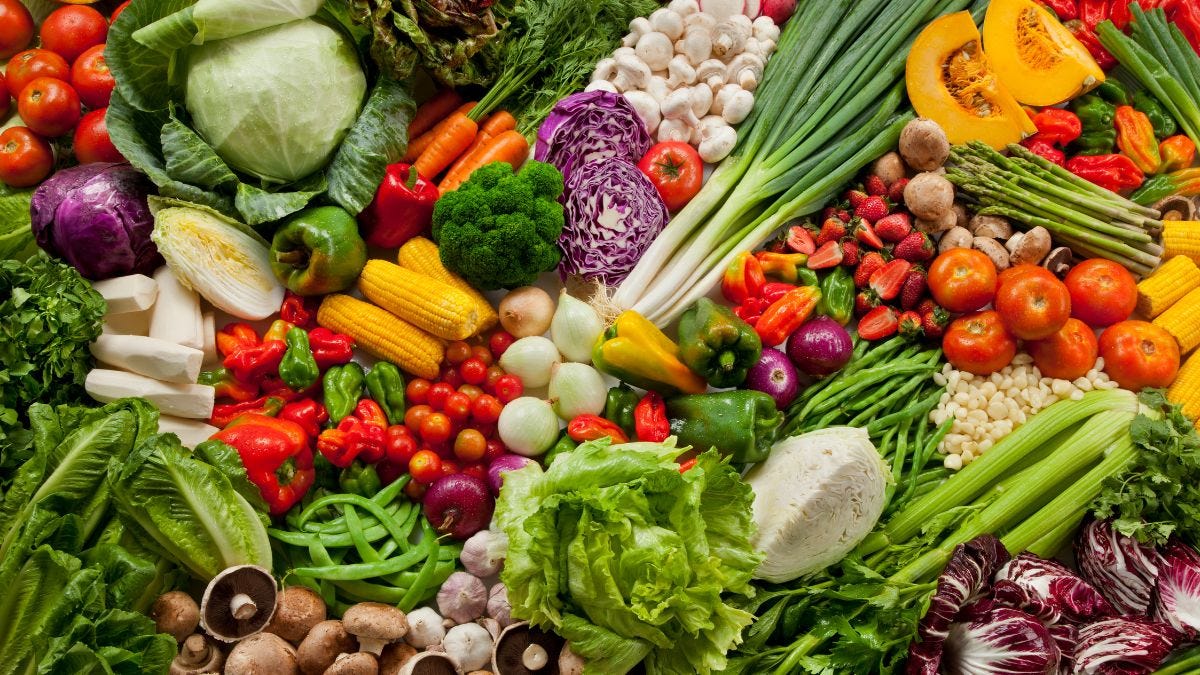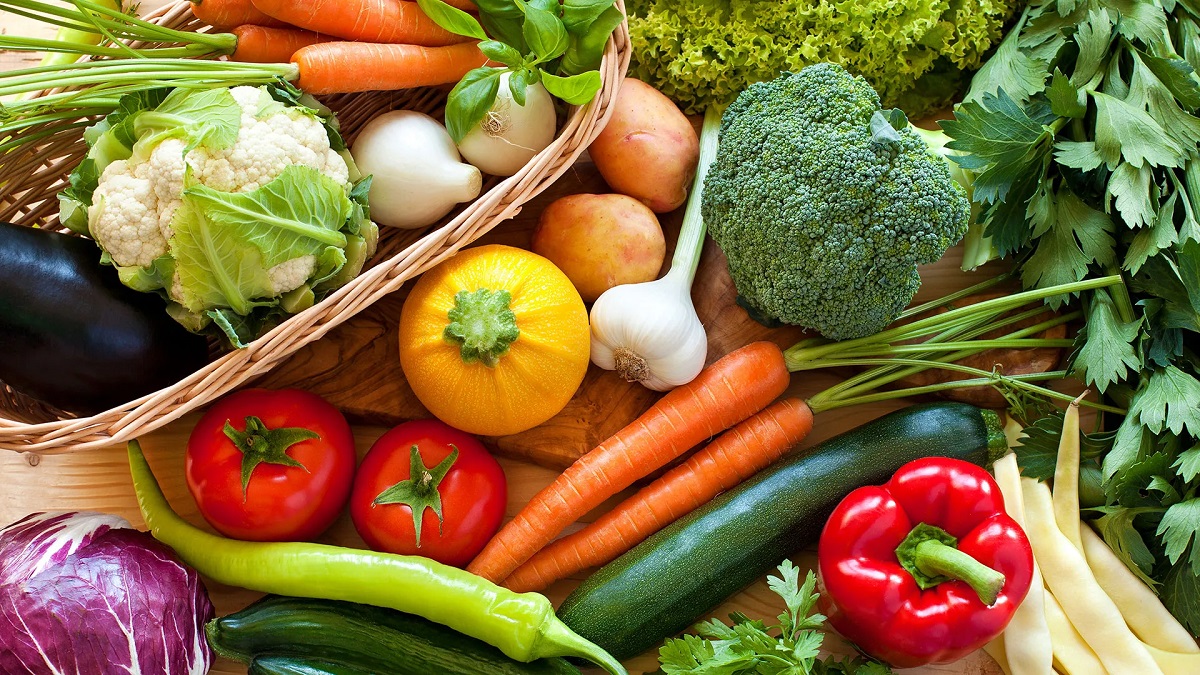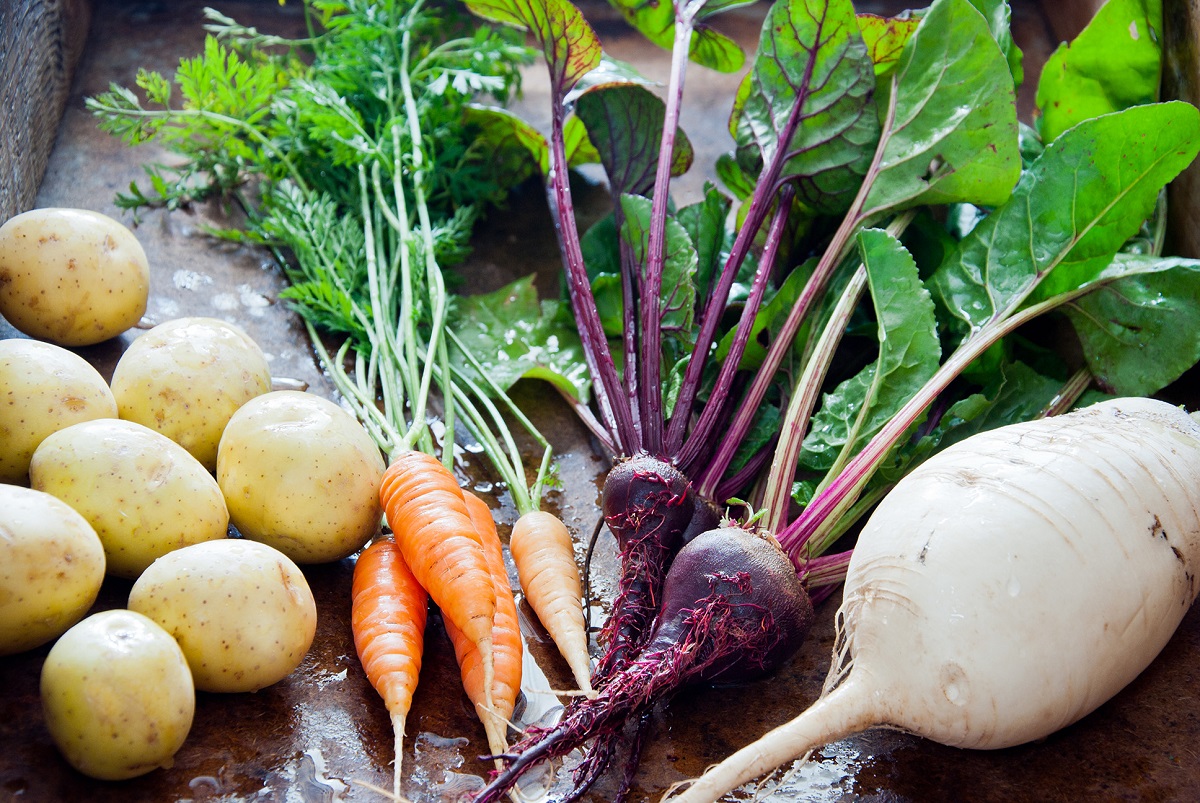Who Should Avoid Certain Vegetables: A Nutritional Perspective

Certain Vegetables: Vegetables are universally celebrated for their health benefits, providing essential nutrients like vitamins, minerals, and fiber.
However, not all vegetables are suitable for everyone. Certain medical conditions, allergies, or dietary restrictions can necessitate avoiding specific vegetables. This essay delves into the types of people who should avoid certain vegetables, explaining the reasons behind such restrictions, and providing references for further reading.
Who Should Avoid Certain Vegetables
1. Individuals With Kidney Problems

Certain Vegetables, Kidney patients, especially those suffering from chronic kidney disease (CKD), need to limit potassium and oxalate intake. Vegetables like spinach, kale, and sweet potatoes are high in potassium, which can strain poorly functioning kidneys. Similarly, oxalate-rich vegetables like beets and Swiss chard may contribute to kidney stone formation.
Recommendation: CKD patients should consult a dietitian to manage vegetable intake effectively. Low-potassium vegetables such as zucchini, cucumbers, and cauliflower can often be included in moderation.
2. People With Food Allergies
Certain Vegetables, Food allergies can cause severe reactions, and some vegetables are known allergens. For example, celery and carrots can trigger oral allergy syndrome (OAS) in individuals allergic to birch pollen. Symptoms include itching or swelling in the mouth and throat.
Recommendation: Allergic individuals should avoid specific vegetables and consult an allergist for alternative options.
3. Those With Irritable Bowel Syndrome (IBS)
Certain Vegetables, IBS sufferers may experience discomfort due to fermentable oligosaccharides, disaccharides, monosaccharides, and polyols (FODMAPs) present in certain vegetables. Onions, garlic, and cauliflower are high-FODMAP foods that can exacerbate symptoms like bloating and diarrhea.
Recommendation: Low-FODMAP vegetables like zucchini, spinach, and carrots are often better tolerated.
4. Individuals On Blood Thinners

Certain Vegetables, Vitamin K plays a crucial role in blood clotting, which can interfere with medications like warfarin. Leafy green vegetables such as kale, spinach, and Brussels sprouts are rich in vitamin K, potentially reducing the effectiveness of blood thinners.
Recommendation: People on anticoagulants should maintain a consistent vitamin K intake and discuss dietary adjustments with their healthcare provider.
5. People With Thyroid Issues
Certain Vegetables, Goitrogens in cruciferous vegetables like broccoli, cabbage, and Brussels sprouts may interfere with thyroid hormone production. This effect is more pronounced in individuals with iodine deficiency or hypothyroidism.
Recommendation: Cooking these vegetables can reduce their goitrogenic properties, making them safer for consumption.
6. Diabetic Patients Sensitive To Carbohydrate Content
Certain Vegetables, Certain starchy vegetables, such as potatoes, corn, and peas, have a high glycemic index, which can cause blood sugar spikes. Diabetic individuals need to monitor their intake of these vegetables.
Recommendation: Non-starchy vegetables like spinach, broccoli, and bell peppers are excellent alternatives.
7. People With Gastrointestinal Disorders

Certain Vegetables Conditions like Crohn’s disease or ulcerative colitis may require avoiding fibrous vegetables during flare-ups. Raw vegetables like carrots, celery, and lettuce can irritate an inflamed gut.
Recommendation: Cooked or pureed vegetables are often easier to digest and can be included in the diet during remission.
8. Infants And Toddlers
Certain Vegetables, Some vegetables, such as spinach, beets, and carrots, contain nitrates, which can cause methemoglobinemia (a blood disorder) in young children. This condition prevents oxygen from being carried efficiently in the blood.
Recommendation: Consult pediatricians about safe vegetable options for infants.
Conclusion
Certain Vegetables, Vegetables are a cornerstone of a healthy diet, but their consumption isn’t universally beneficial. Individuals with certain medical conditions, dietary restrictions, or sensitivities should tailor their vegetable intake to suit their needs. Personalized nutrition plans, often developed with a healthcare professional, ensure that everyone can enjoy the benefits of vegetables safely and effectively.
Also Read:
Autumn Veggies: The Nutritional Bounty of Seasonal Vegetables




